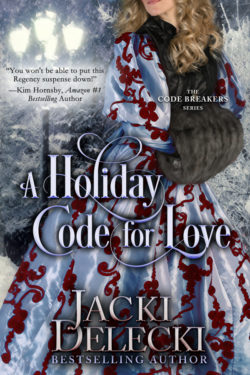When Horses are Cattle: Regency Slang and Expressions
I recently saw a Facebook post in which a historical romance writer shared a “correction notice” she’d received from a reader about referring to horses at “cattle.” Since when do horses moo?!
Of course, horses don’t moo, but according to Regency expressions and vernacular collected from the works of Georgette Heyer, the term “cattle” was sometimes used when referring to horses. If you’re still skeptical, a quick check of the Merriam-Webster dictionary found this definition for cattle: domesticated quadrupeds held as property or raised for use
I can’t fault the reader for alerting the author about this potential error. This expression was common more than 200 years ago and has–obviously–fallen out of use.
 Balancing the use of vernacular language is a common challenge for authors. Sprinkling patois, jargon or slang into a story is one technique writers use to infuse authenticity to characters and setting. The goal is to use just enough to draw the reader into the period, era or community without confusing and frustrating them.
Balancing the use of vernacular language is a common challenge for authors. Sprinkling patois, jargon or slang into a story is one technique writers use to infuse authenticity to characters and setting. The goal is to use just enough to draw the reader into the period, era or community without confusing and frustrating them.
Here are a few examples from my most recent Regency romantic suspense, A Holiday Code for Love, book 7 in the Code Breakers series.
“Jack, where are we going?” Abbie paused and looked up at him. Her bright eyes were the same color as her sky-blue pelisse.
The soldier/footman opened the door to Rathbourne’s study. Jack didn’t see himself discussing his personal life with his superior. As Head of Intelligence, Rathbourne wasn’t the sort of chap who you would joke with or confide in.
“Mabel and Amelia are able to handle this group of people. And think of the great gossip with you, Jack, and Sabine all missing from the ball. Society will be entertained for weeks.” Aunt Euphemia winked. “Be aware of anyone watching you, my dear. Haste is needed.”
Have you ever encountered unfamiliar slang in a Regency romance? If yes, you might enjoy this guide to Regency Cant and Expressions or the Regency Reader blog’s Regency Lingo guide.

How do you feel about authors using slang and jargon in their books?











